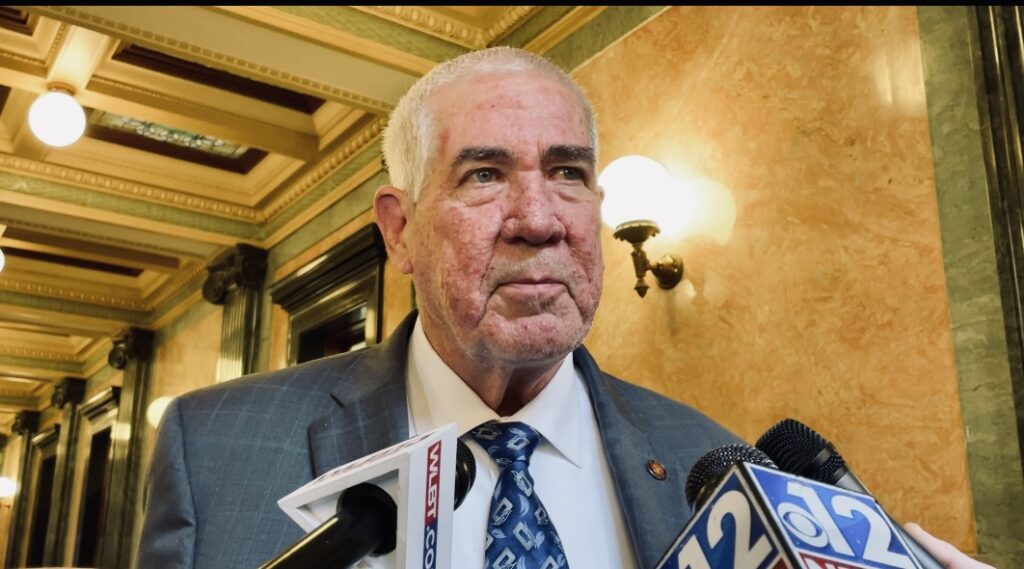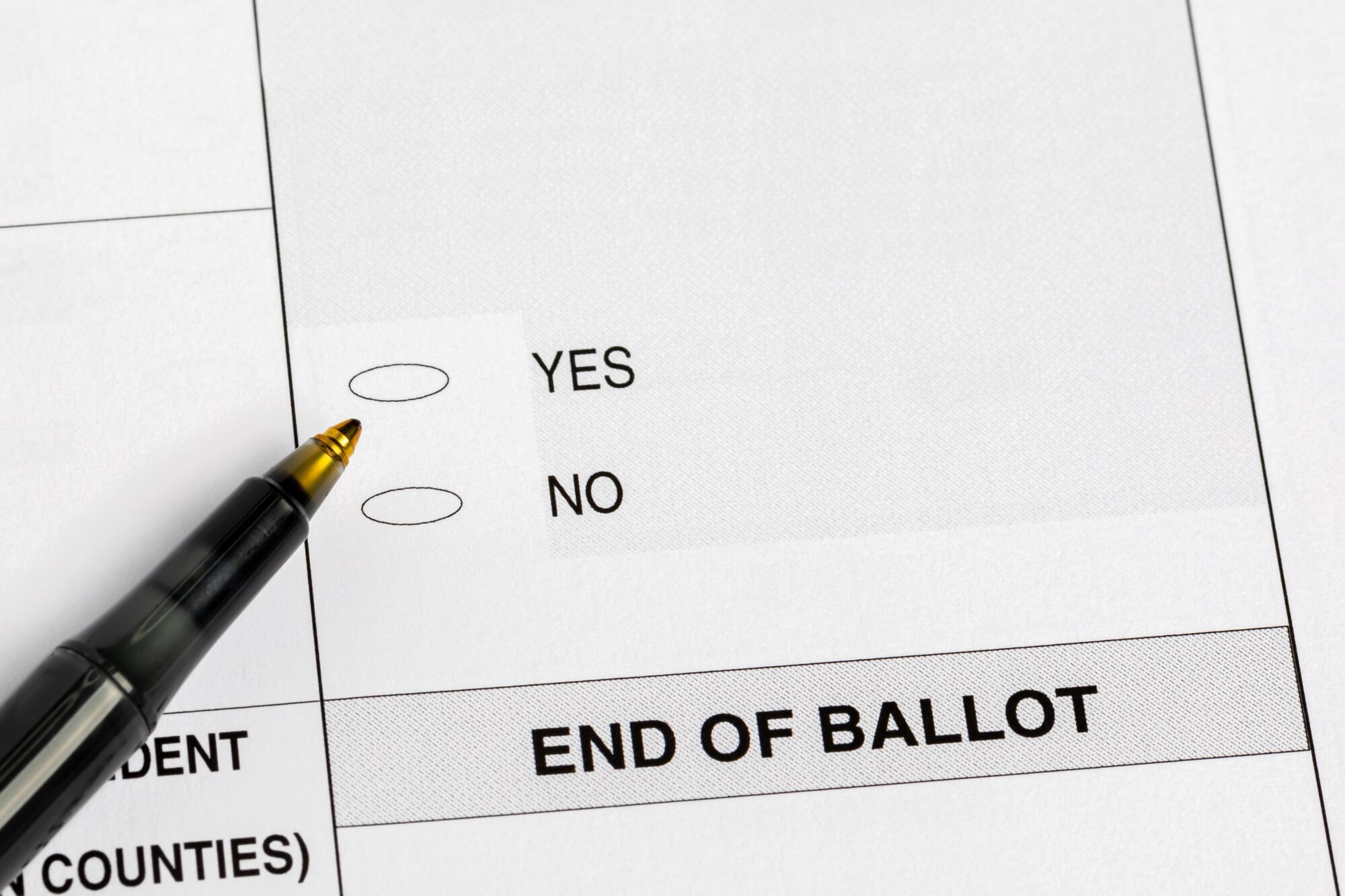
The University of Mississippi marijuana research garden (Photo courtesy of the University of Mississippi)
- The research program, approved by lawmakers, will compile data on the effects of medical cannabis with the intention of establishing better dosing guidelines.
Lawmakers have established the Mississippi Medical Cannabis Research Program by way of SB 2888. The program, which was signed into law by Governor Tate Reeves (R), will be managed out of the National Center for Cannabis Research and Education at the University of Mississippi.
The intent of the program is to provide information to lawmakers and the Mississippi State Department of Health regarding the use of cannabis.

State Senator Kevin Blackwell (R), Chairman of the Senate Medicaid Committee and author of the bill, said the legislation is very unique and will hopefully help to define dosing recommendations for medical illnesses.
“Currently, there are very limited studies on the effects of cannabis due to the fact that it is a schedule one drug,” Blackwell told Magnolia Tribune. “So, the research that the Mississippi Medical Cannabis Research Program would conduct will be bringing in a cohort of patients to study what their ailment is and what they are currently taking in medical cannabis as well as the outcome.”
Blackwell believes this will help the state establish better dosing guidelines.
Funding for the program is still pending, as the Legislature makes its way through the appropriations process. Senator Blackwell said he hopes the funding will be resolved prior to the end of session.
Mississippi’s first attempt to codify a Medical Marijuana program in the state was in 2020 with Initiative 65. Despite voter approval of the ballot initiative, it was later struck down by the Mississippi Supreme Court due to the signature process in which it was certified and placed on the ballot.
Following the state Supreme Court ruling, lawmakers adopted a medical cannabis program during the 2022 legislative session. The first sale of medical cannabis was made in January 2023. However, the state began researching the product long before then.
Dr. Robert Welch, Director of the National Center for Cannabis Research and Education Research at the University of Mississippi, said they have worked very closely with lawmakers in crafting the legislation for this program.

“We are very excited. Ole Miss has a long history with cannabis and are perfectly poised to help the state with this program,” said Welch.
The University of Mississippi’s research center is the only cannabis research program that is federally funded and recognized by the Drug Enforcement Agency (DEA).
The current state medical cannabis program does include a provision for research. Dr. Welch said this new program would not only help Mississippi’s cannabis program but also provide an abundance of information and data for other states to potentially utilize in their own programs.
Within the medical cannabis program are 30,000 card carrying patients. Dr. Welch said these individuals will have the opportunity to participate in the program and provide data on how their cannabis products are impacting their health journey. However, participation will not be mandatory.
“Part of this new research program will allow us to utilize all that expertise we have to help inform the public, law enforcement, the health department and others on how the products are actually impacting these patients,” said Dr. Welch. “We also want to look at different formulations of CBD and THC to see what is working well and what is not working well for people.”
The research program will be required to frequently report their findings to the new council, as outlined in the bill.
The program will be overseen by a board that is set to advise and review any presented research regarding medical cannabis. The board will also advise on the status of the budget and any findings that are made known. The board will consist of 11 members – four appointed by the Governor, four by the Lt. Governor, and three by the Speaker of the House of Representatives. There are specific parameters or qualifications each appointment must meet.
In 1964, Ole Miss established the Research Institute of Pharmaceutical Sciences (RIPS) within the School of Pharmacy. The goal was to discover and develop new drugs from natural sources. In 1968, the program committee of the National Institute of Mental Health (NIMH) offered the university a contract to provide standardized marijuana for researchers. The next year, a secured garden was constructed on the university’s campus to grow the crop.
Since then, research and cultivation projects have continued to expand at Ole Miss. During the early 1990’s, National Institute on Drug Abuse (NIDA) became part of the National Institutes of Health. By 2014, the NIDA was yielding over 600 kg of marijuana in three cannabis varieties of different chemical profiles for their drug supply program.










